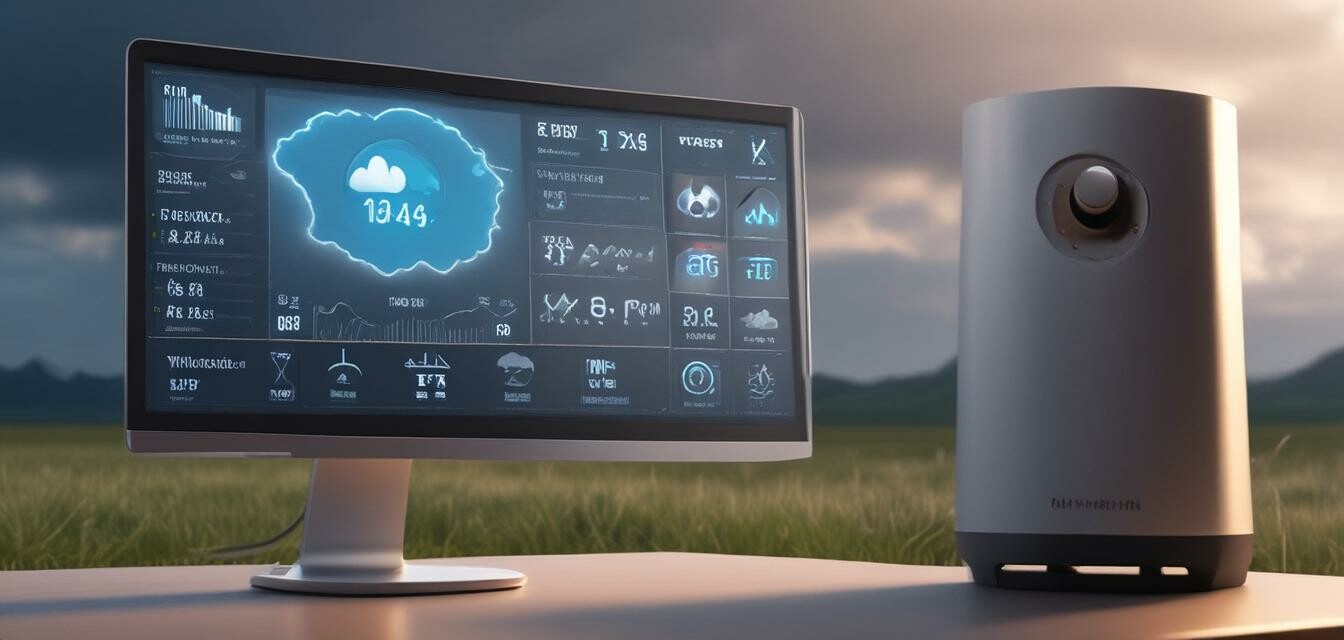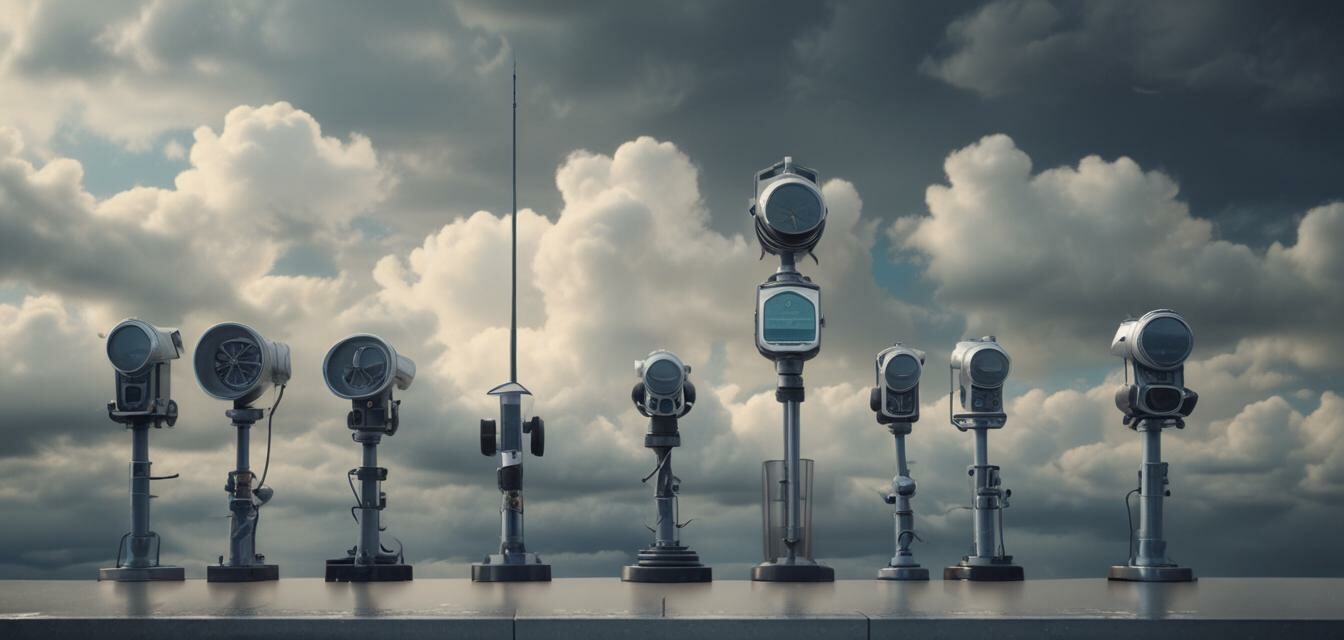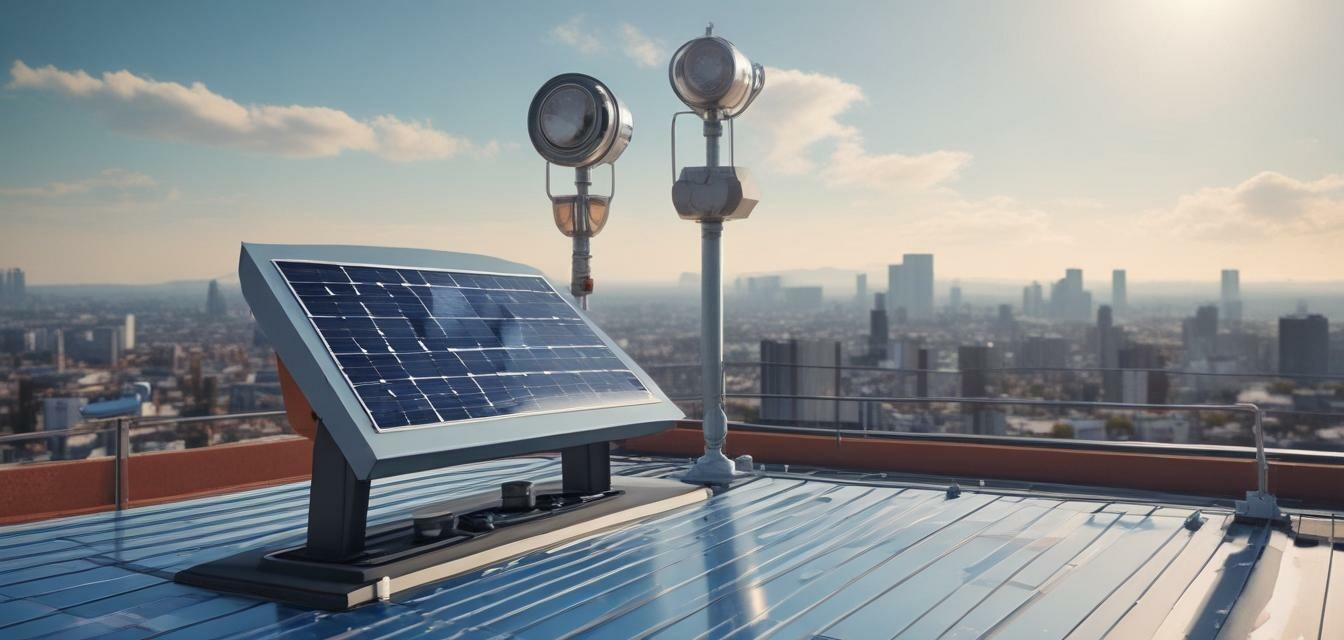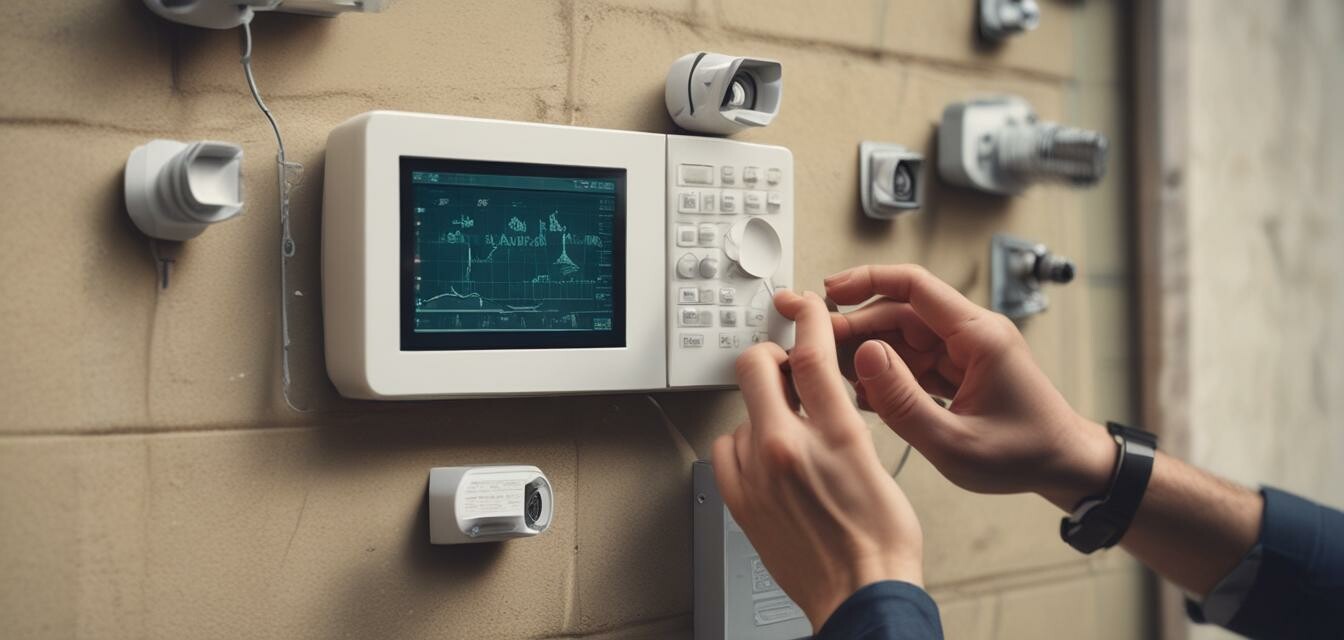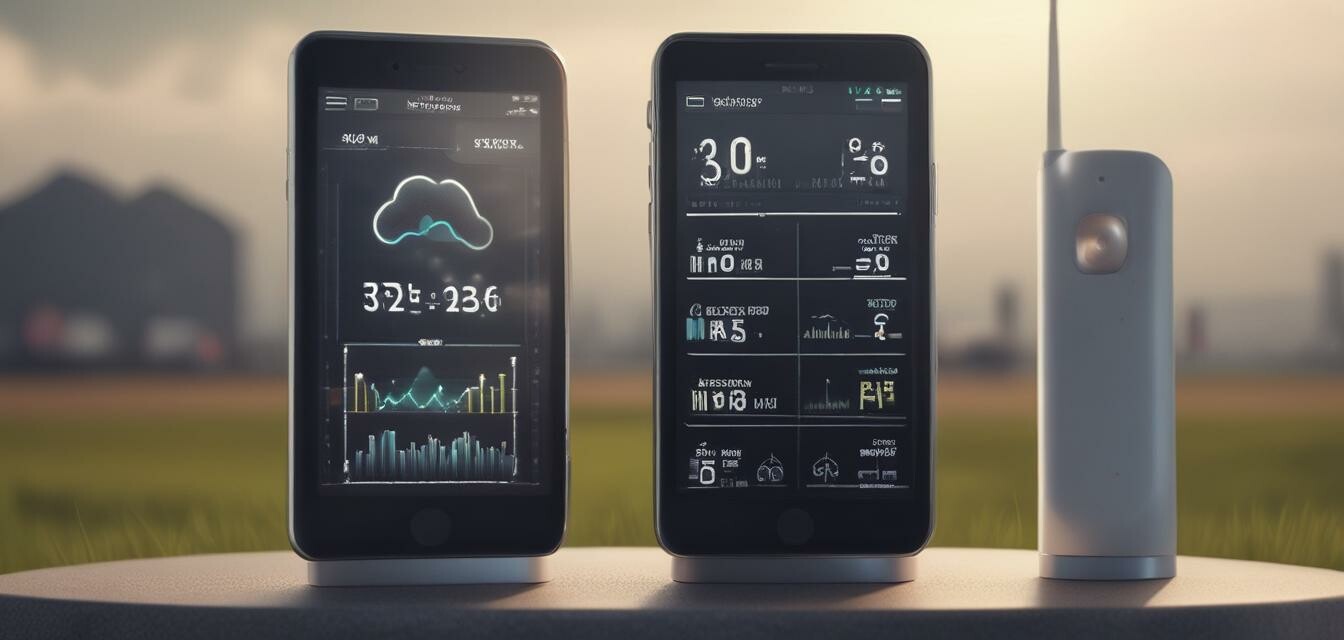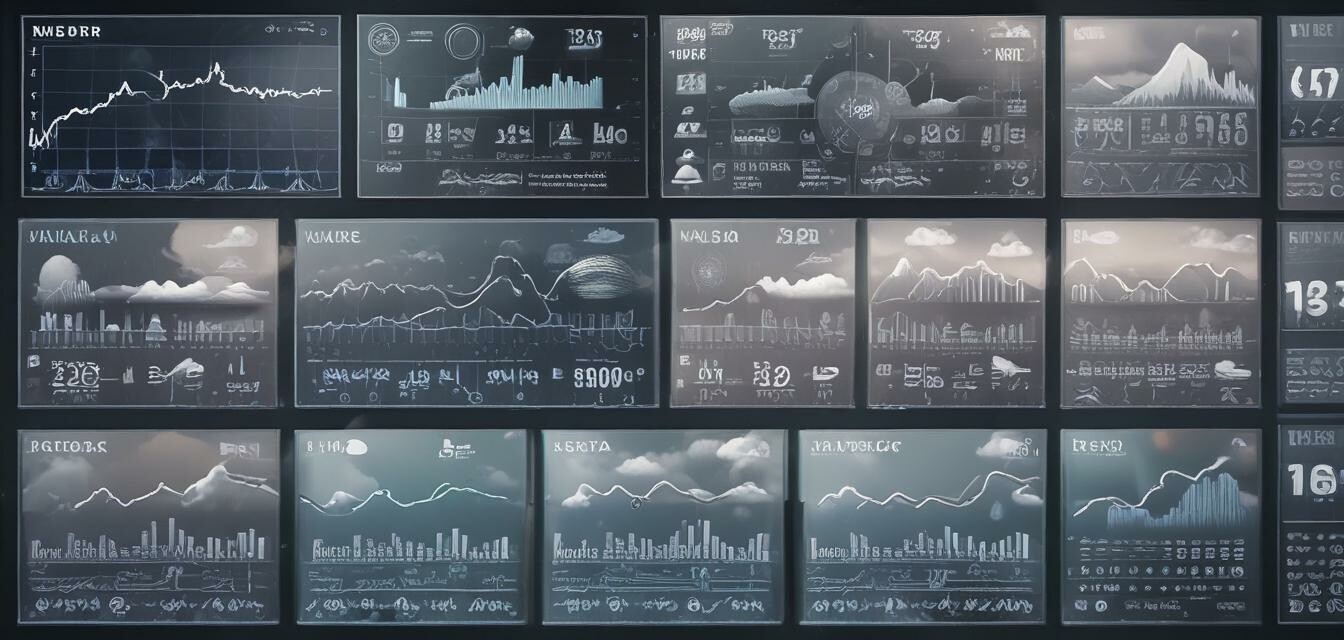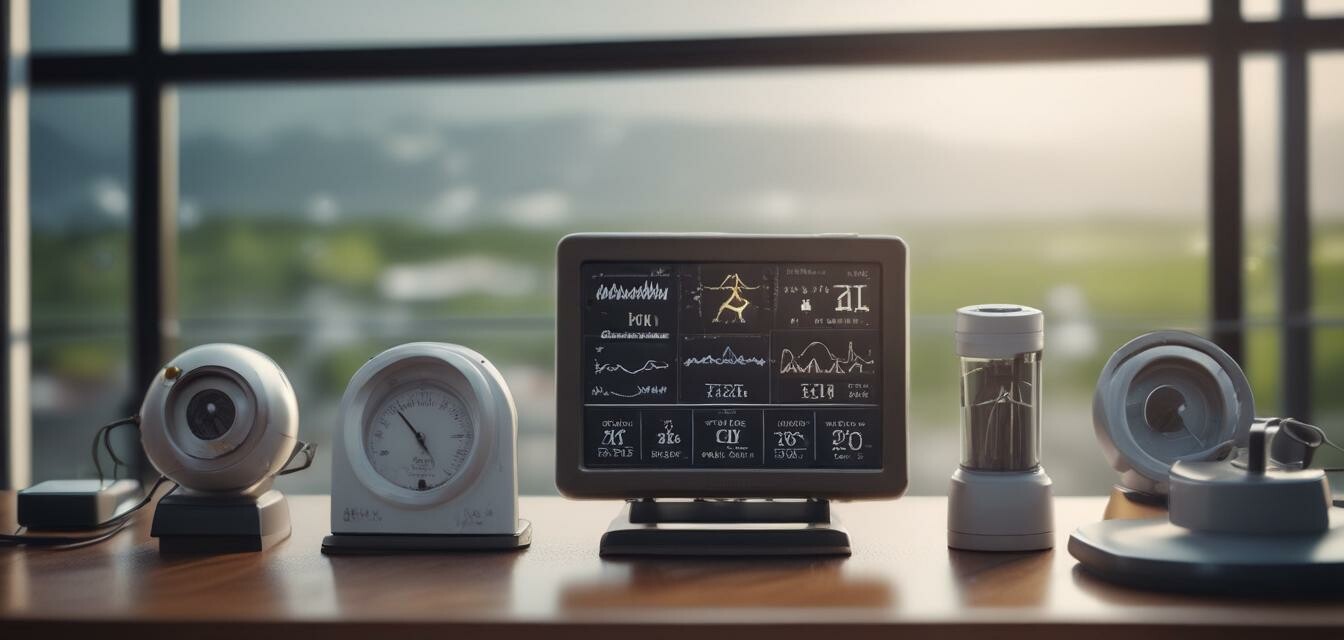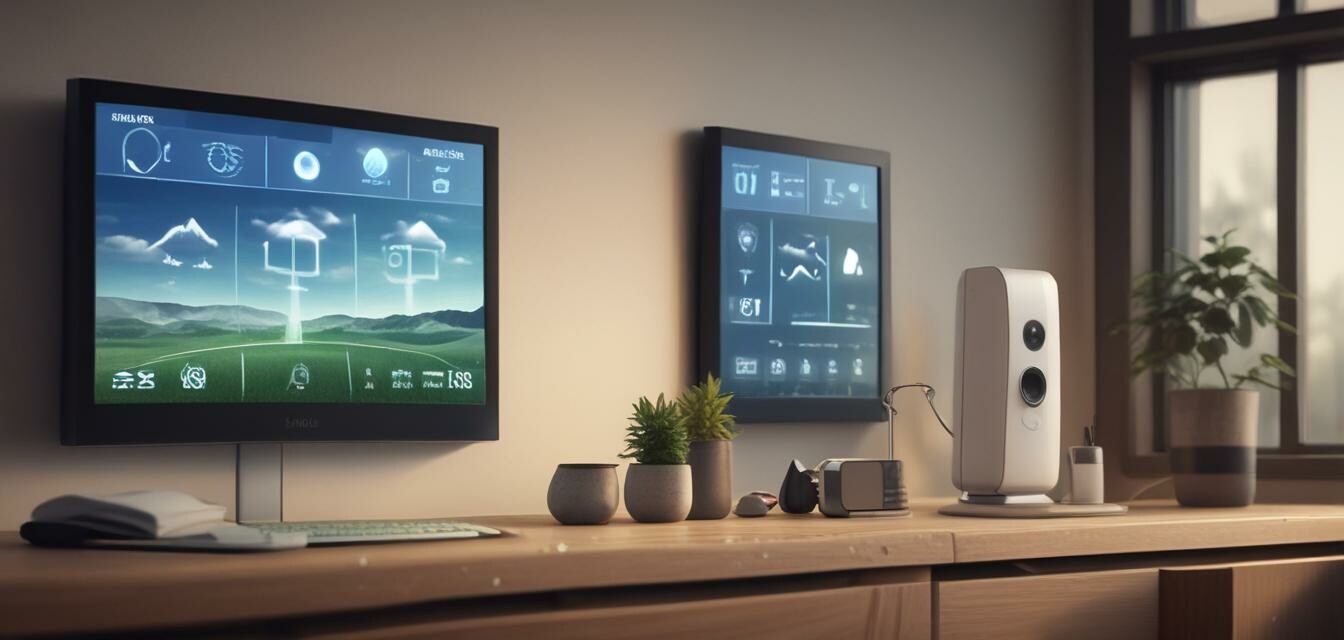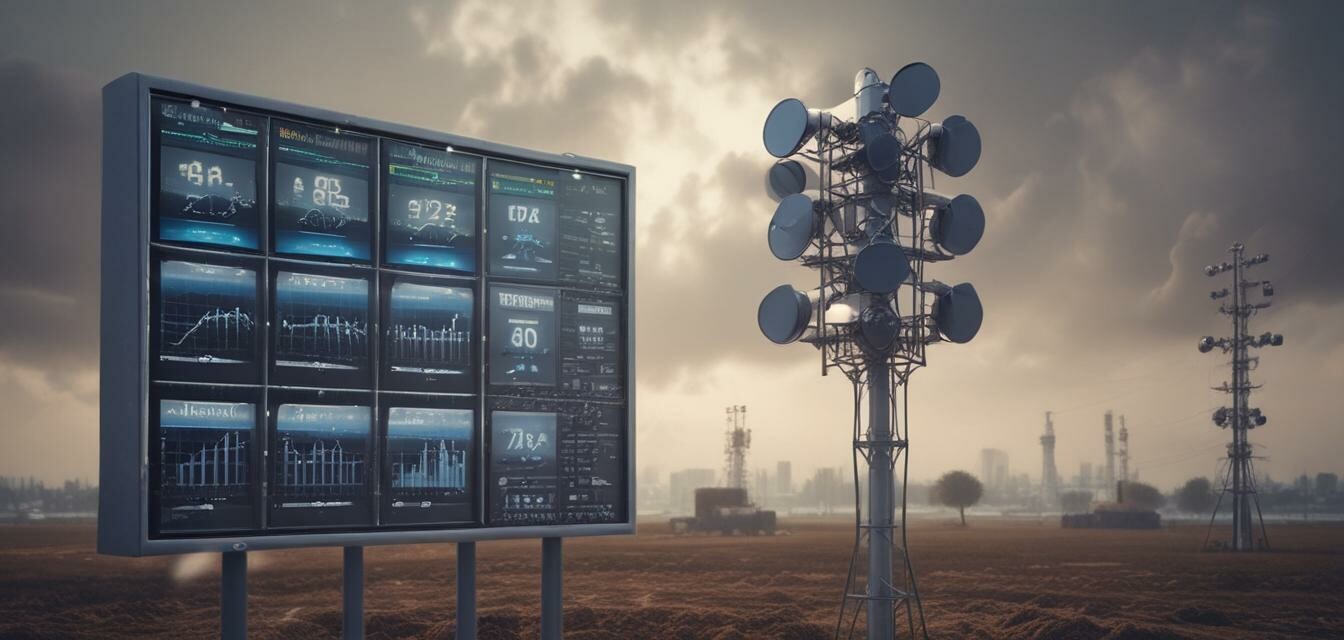
Professional and Commercial Use of Weather Station Gadgets
When it comes to weather monitoring, professionals and businesses require more advanced and accurate data than what's available on standard consumer-grade weather stations. In this article, we'll evaluate the types of weather gadgets designed for professional and commercial purposes, highlighting their unique features, benefits, and applications.
Key Takeaways
- Professional weather stations offer high-accuracy data and advanced features for critical applications.
- Commercial weather stations are designed for heavy-duty use and provide reliable data in harsh environments.
- Advanced sensors, data logging, and remote monitoring capabilities are essential features for professional and commercial use.
What Sets Professional Weather Stations Apart
Professional weather stations are designed to provide highly accurate and reliable data for critical applications such as:
- Research and development
- Environmental monitoring
- Agriculture
- Aviation and aerospace
These stations typically feature advanced sensors, including:
| Sensor Type | Measurement Range | Accuracy |
|---|---|---|
| Anemometer | 0-100 mph | ±1% |
| Barometer | 800-1100 hPa | ±0.1 hPa |
| Thermometer | -40°C to 60°C | ±0.5°C |
Commercial Weather Stations for Heavy-Duty Use
Commercial weather stations are designed for heavy-duty use in harsh environments, such as:
- Construction sites
- Industrial facilities
- Marine and coastal areas
- Remote or unattended locations
These stations are built to withstand extreme weather conditions, including:
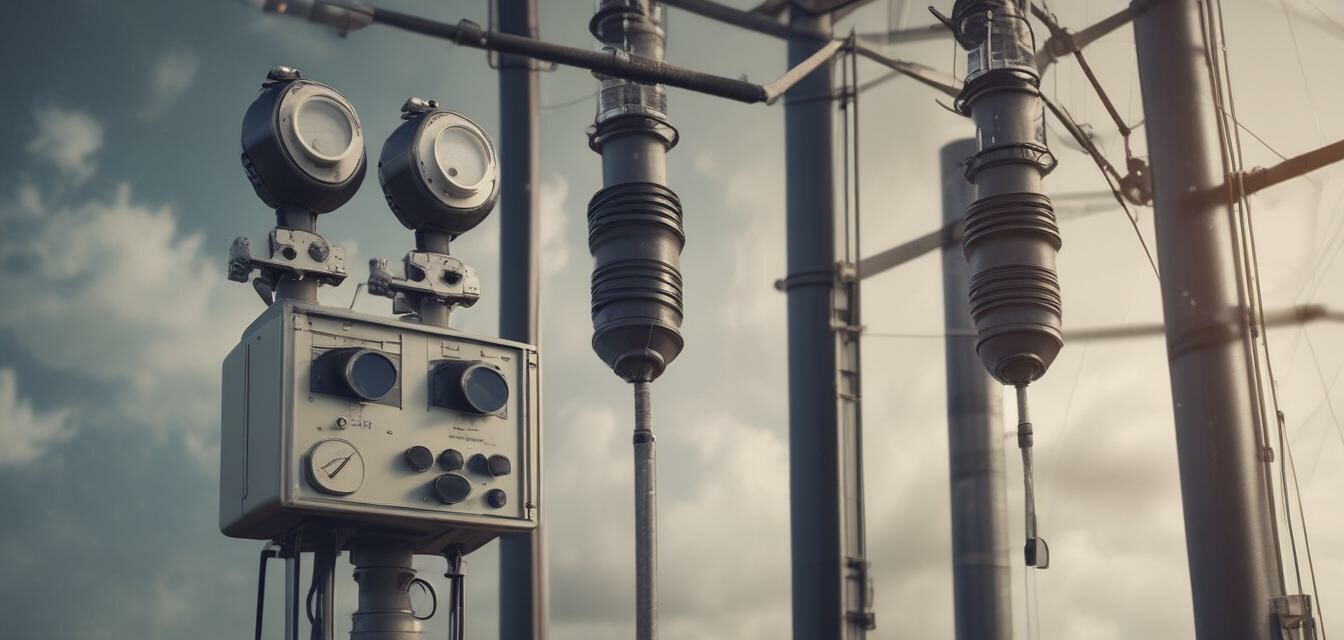
- High winds
- Heavy rain and snow
- Extreme temperatures
- Corrosive environments
Data Logging and Remote Monitoring
Data logging and remote monitoring capabilities are essential features for professional and commercial weather stations. These features enable:
- Real-time data monitoring
- Historical data storage and analysis
- Alerts and notifications for critical weather events
- Remote firmware updates and maintenance
These features are especially important for applications where timely and accurate data is critical, such as:
- Flood warning systems
- Weather forecasting
- Climate research
- Emergency response and disaster management
Choosing the Right Weather Station for Professional and Commercial Use
When selecting a weather station for professional or commercial use, consider the following factors:
| Factor | Considerations |
|---|---|
| Sensor Accuracy | Look for stations with high-accuracy sensors and calibration options. |
| Data Logging | Choose a station with robust data logging capabilities and remote monitoring options. |
| Durability | Select a station with a rugged design and protective housing suitable for harsh environments. |
| Connectivity | Consider stations with multiple connectivity options, such as Wi-Fi, cellular, or Ethernet. |
Conclusion
Professional and commercial weather stations offer advanced features and high-accuracy data for critical applications. When choosing a weather station for professional or commercial use, consider the unique requirements of your application and select a station that meets those needs.
Explore our range of Wi-Fi weather stations, digital anemometers, and rain gauges designed for professional and commercial use.
Pros
- High-accuracy data for critical applications
- Advanced features for professional and commercial use
- Rugged designs for harsh environments
Cons
- Higher cost compared to consumer-grade weather stations
- Complex installation and setup requirements
- Specialized knowledge may be required for maintenance and troubleshooting

By understanding the unique features and benefits of professional and commercial weather stations, you can make an informed decision when selecting a weather station for your specific application.
